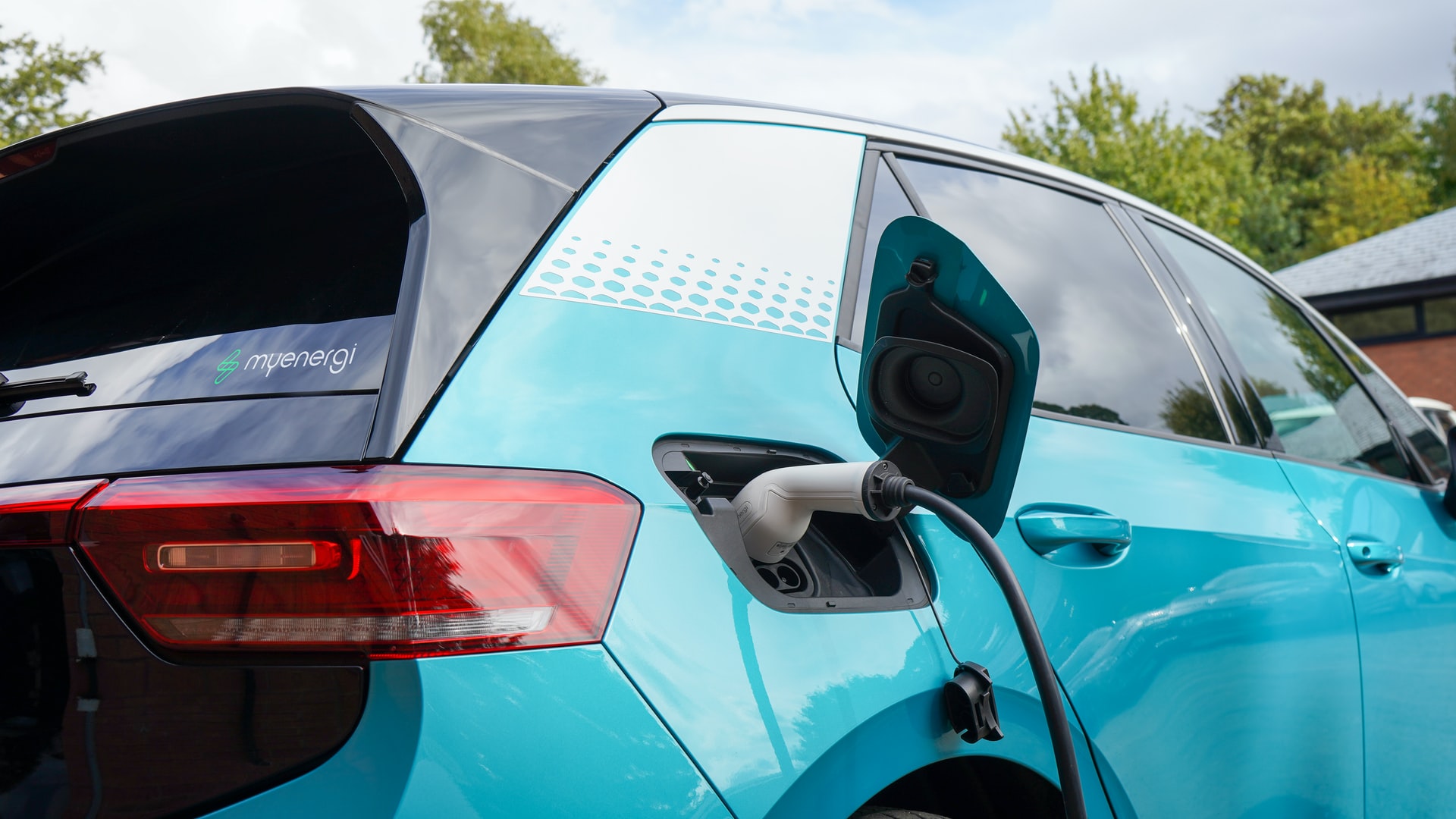Are EVs bad for the environment?
Almost everything we produce has some form of environmental impact - especially when it comes to large products like cars.
While low emission forms of transport like walking and cycling are always going to be the most environmentally friendly option, sometimes we do need to use cars to get around. In this case, where possible, it’s good to choose a cleaner option.
Cobalt is one of the issues cited as making EV less environmentally friendly - however, cobalt is also used heavily by the oil and gas industry to refine petrol. The EV industry is in the process of moving away from cobalt in batteries, with both Ford and Tesla moving towards lithium-iron phosphate batteries that remove the need for cobalt.
While creating an EV battery does release CO2, this is more than offset by the far lower levels of CO2 emitted over the car’s lifetime, compared to a petrol or diesel vehicle. At the end of an EV's life, only 30kg of material is left after recycling. At the end of a petrol car's life, 17,000 litres of fuel have been burnt.
As electric vehicles are much more efficient than petrol engines, this means that even in countries with ‘dirty’ electric supply (fuelled by coal or gas), EVs need far less electricity than the petrol or diesel equivalent. For example, an EV charged in Poland still produces 37% less total lifetime CO2 emissions than a petrol car - and in the UK (with a cleaner electric grid), this figure rises to 65% lower lifetime CO2 emissions. As the proportion of renewable energy in our grid grows, the emission saving will rise to 74% in 2030, and 84% once we’re at 100% zero carbon energy.
This is why the experts at the Climate Change Committee have stated that ‘delivering the 2030 phase-out of new conventional car and van sales is vital to meeting the UK’s decarbonization pathway’.
The huge and undeniable benefit of opting for an EV is that you’re reducing the amount of carbon dioxide being added to our atmosphere by burning fossil fuels, as well as other pollutants that can harm our health from petrol and diesel exhausts.
You can read more about the impact of EV batteries on the environment with insights from electrochemist Dr Euan McTurk in our guide here, and find out whether some of the most common EV assumptions are accurate here.


